Renault’s Eolab super-economical hybrid concept – which returns 282mpg and 22g/km of CO2 on the official EC test cycle - could define the supermini of 2022, according to company engineers.
Combining a slippery, teardrop-shaped, body with a notably low roofline and the combination of a 73bhp, 3-cylinder, petrol engine, electric motor, a patented three-speed clutchless transmission and a 6.7kWh lithium-ion battery pack, the Eolab combines hyper-economy, surprisingly ‘normal’ driving characteristics and a 0-60mph time of nine seconds.
Autocar experienced two laps with Eolab around a test track on the outskirts of Paris.
While clearly a prototype, it’s obvious that the French company has pulled off something of a technical coup, managing to build a genuine four-seater within an uncompromising aerodynamic package.
The emphasis on the ‘100 key technologies’ incorporated being fully capable of being integrated into Renault’s existing production systems over the next few years means the Eolab is much nearer reality than VW’s acclaimed two-seat XL1.
While Renault’s new, compact, hybrid transmission is work in progress, the Eolab surprised with its neat handling (thank the anti-roll properties of the air-suspension), brisk performance and is remarkable ‘normal’ to pilot with an especially well-released interior concept.
Although it remains a pure concept, the car has already triggered a high-level debate within the French carmaker. Eolab’s supporters says the company needs to move towards much more radical engineering solutions in order to head off even more stringent EU CO2 regulations beyond 2020.
The concept was triggered by one aspect of the French government’s ‘Industrial Plan’, which called for new affordable designs of car that would make a real-world 141mpg.
The Eolab project has seen Renault and a group of key component suppliers re-think the classic supermini in virtually every area of its engineering and construction.
The upshot is that the Eolab – even with a battery-electric transmission - weighs significantly less than the current Clio and is also much more aerodynamically efficient. Everything from the way passengers are ‘packaged’ to the materials and design techniques used for the body and suspension components and even the seat frames have the re-considered from first principles.
The Eolab incorporates 100 ‘key new technologies” and project leader Lauren Taupin told Autocar that he expected “up to 90 per cent” of the innovations would be phased into Renault’s production models over the next eight years or so, starting in 2018 with what’s expected to be the next-generation Renault Clio model.
Rather than engineering in new technologies to an existing platform, the Eolab project is based on a substantially new platform, constructed from a mix of materials. The starting point for the car was to reduce the frontal area to a minimum, while offering Clio levels of space.
This was achieved by significantly lowering the roofline (especially at the rear) and then dropping the seating position of the front and rear passengers by 50mm. The seating position was also moved 115mm forwards, towards the engine bay.

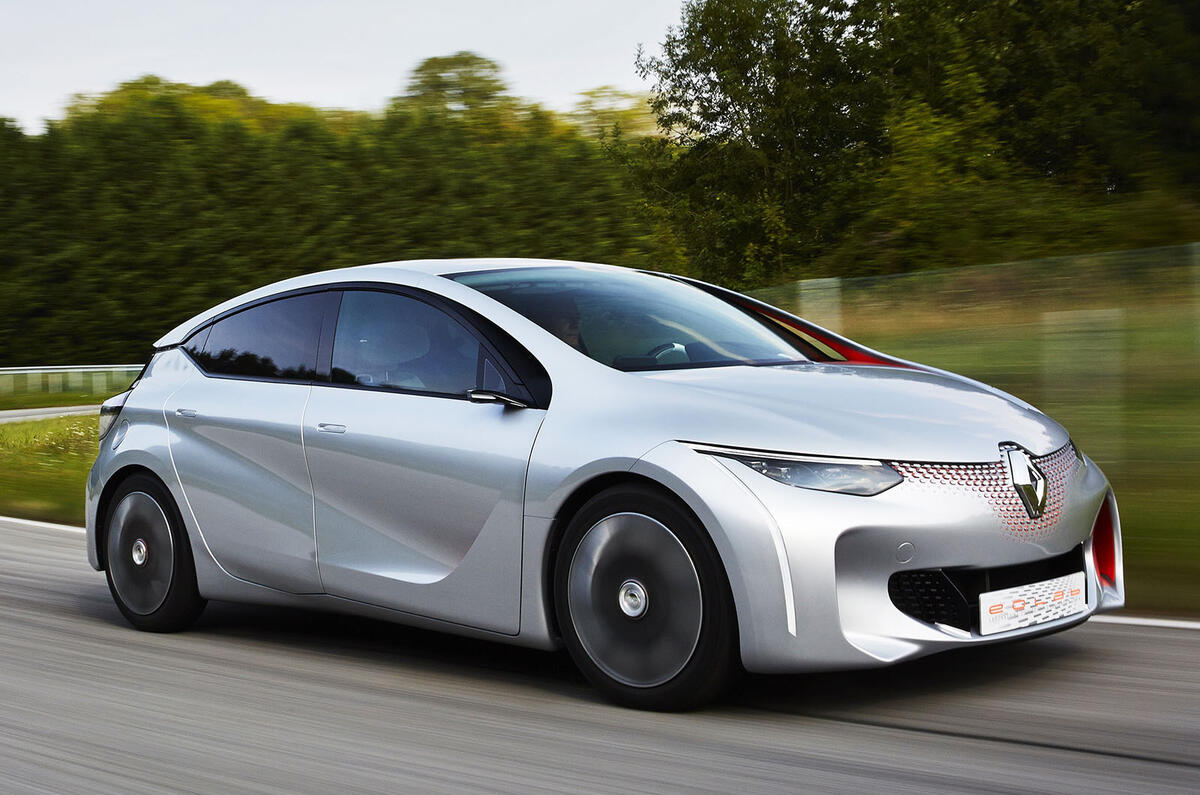
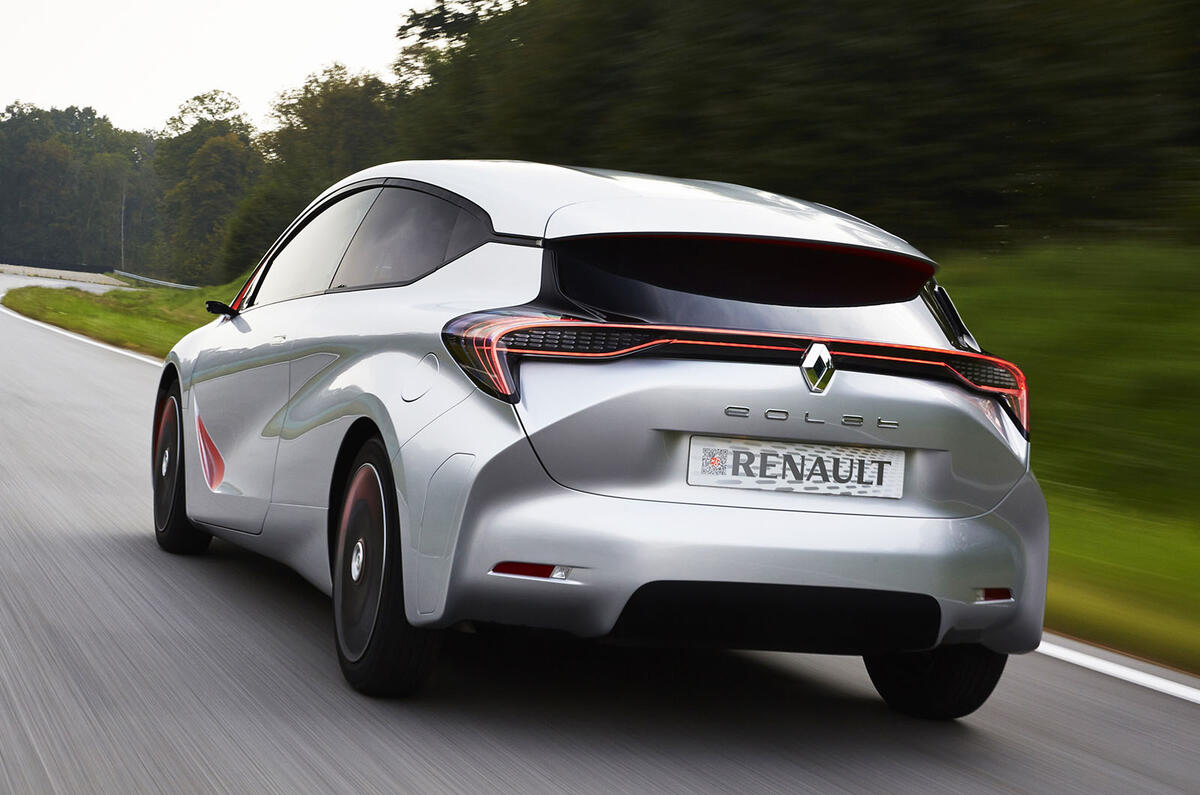
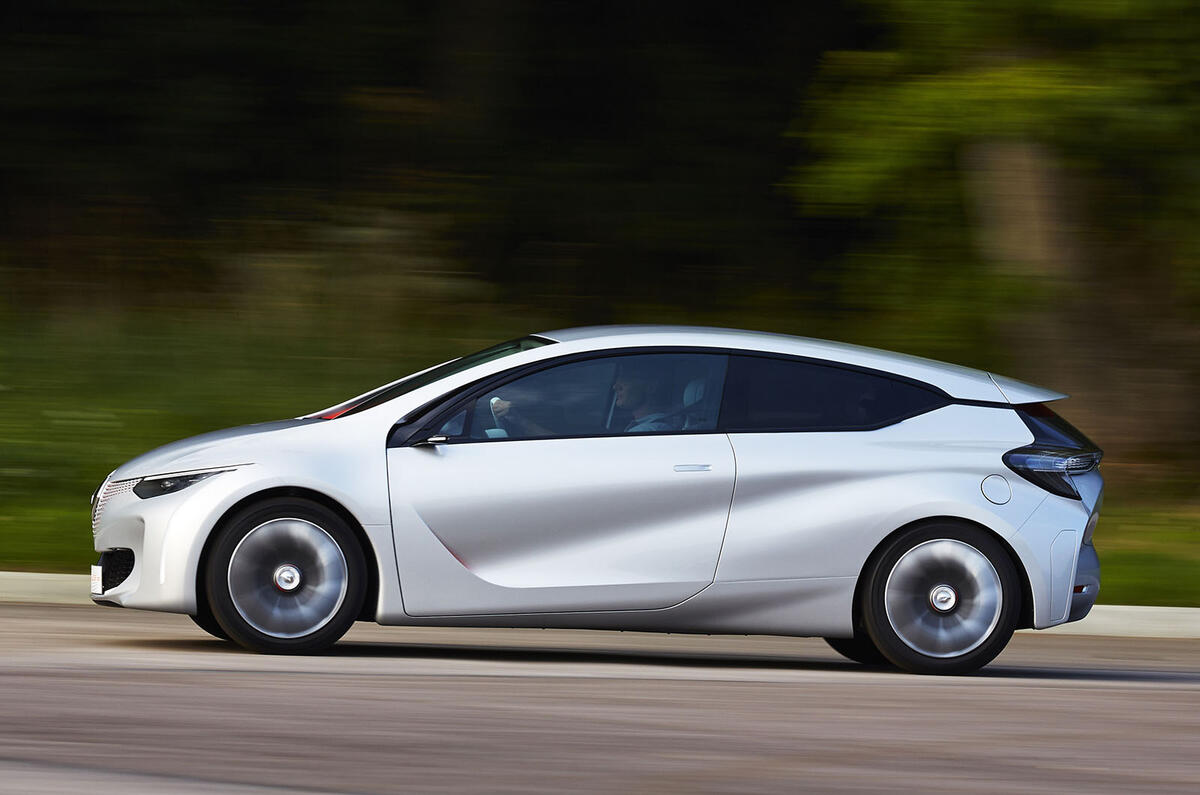
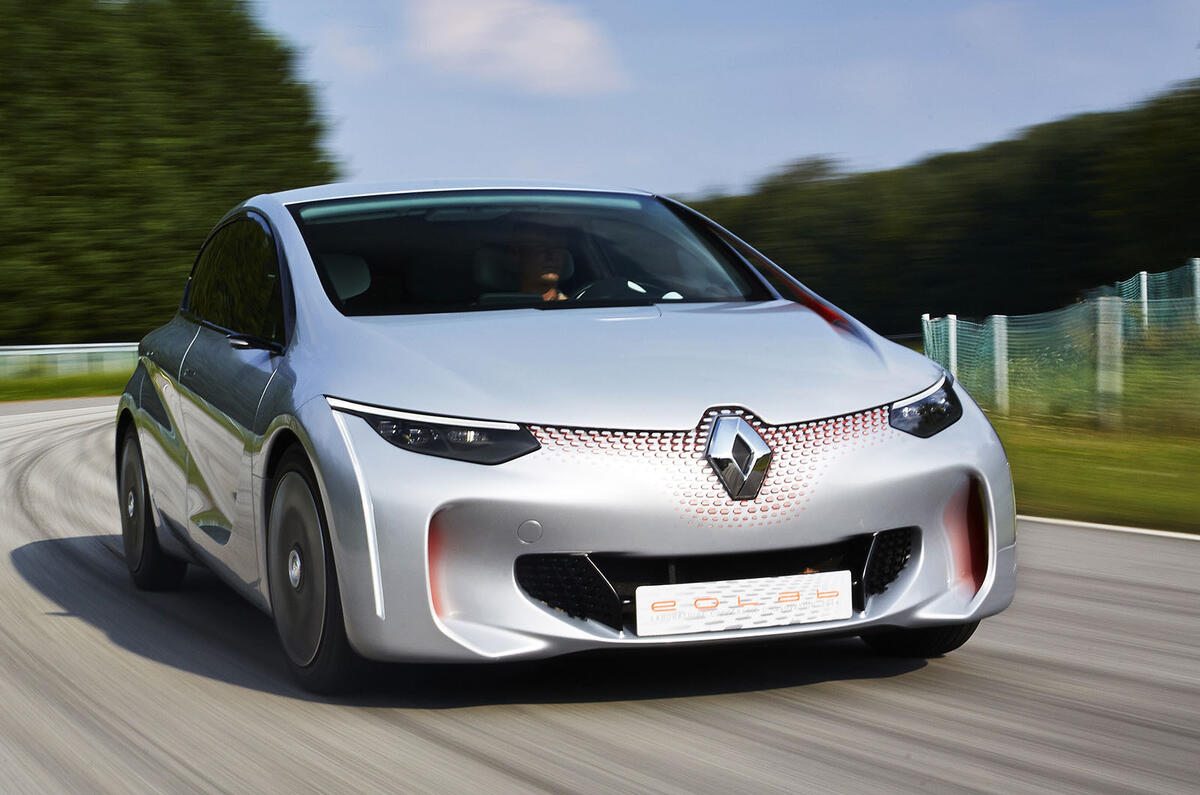
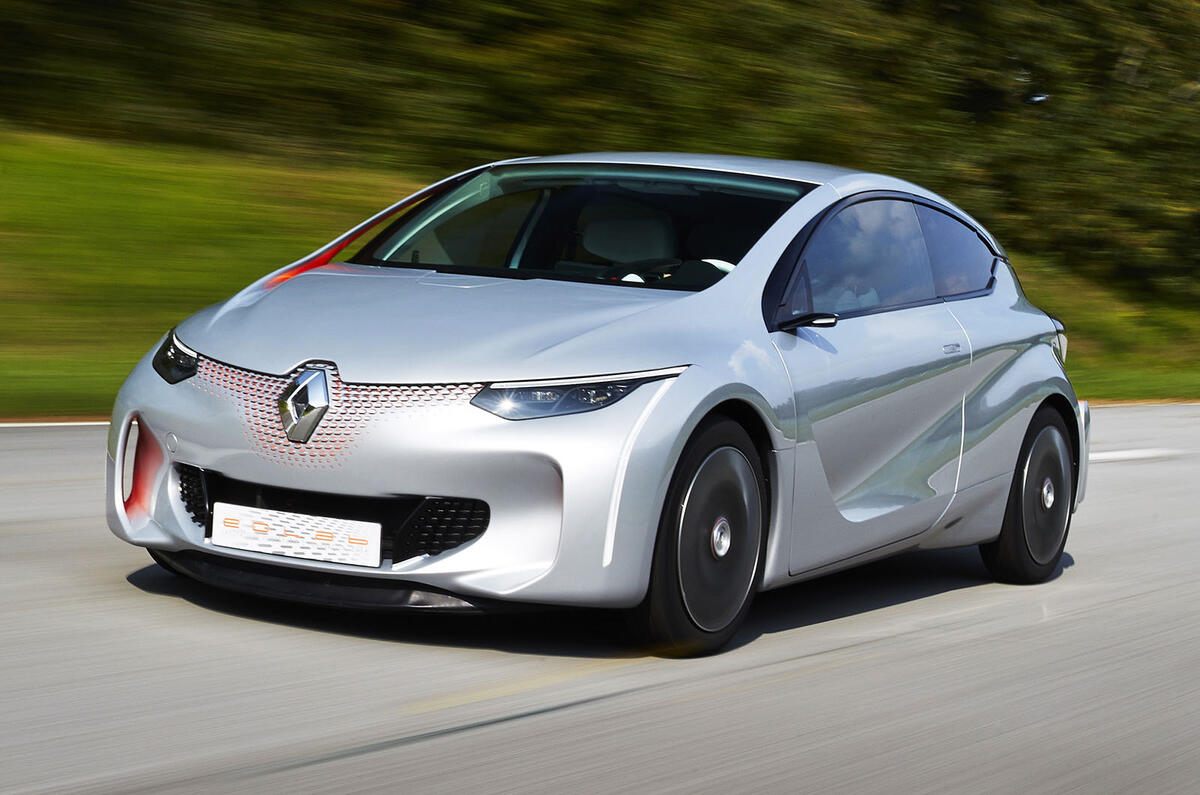
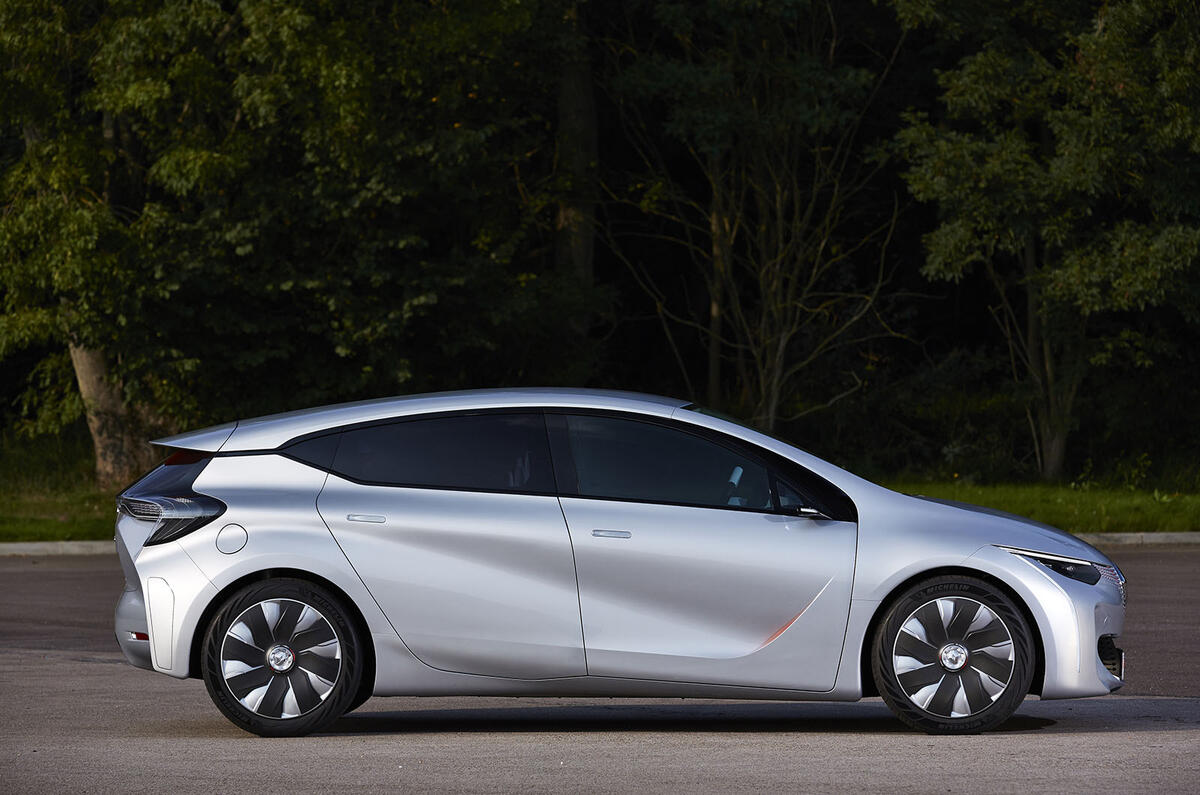
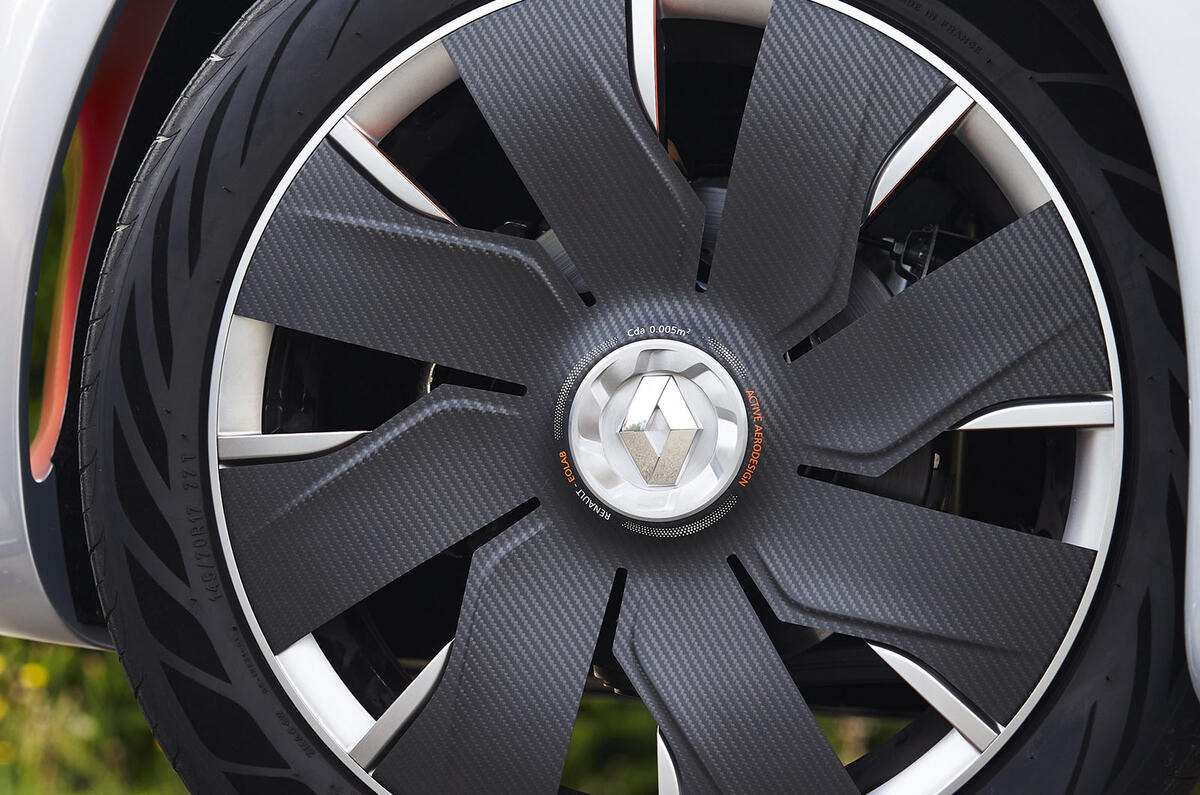
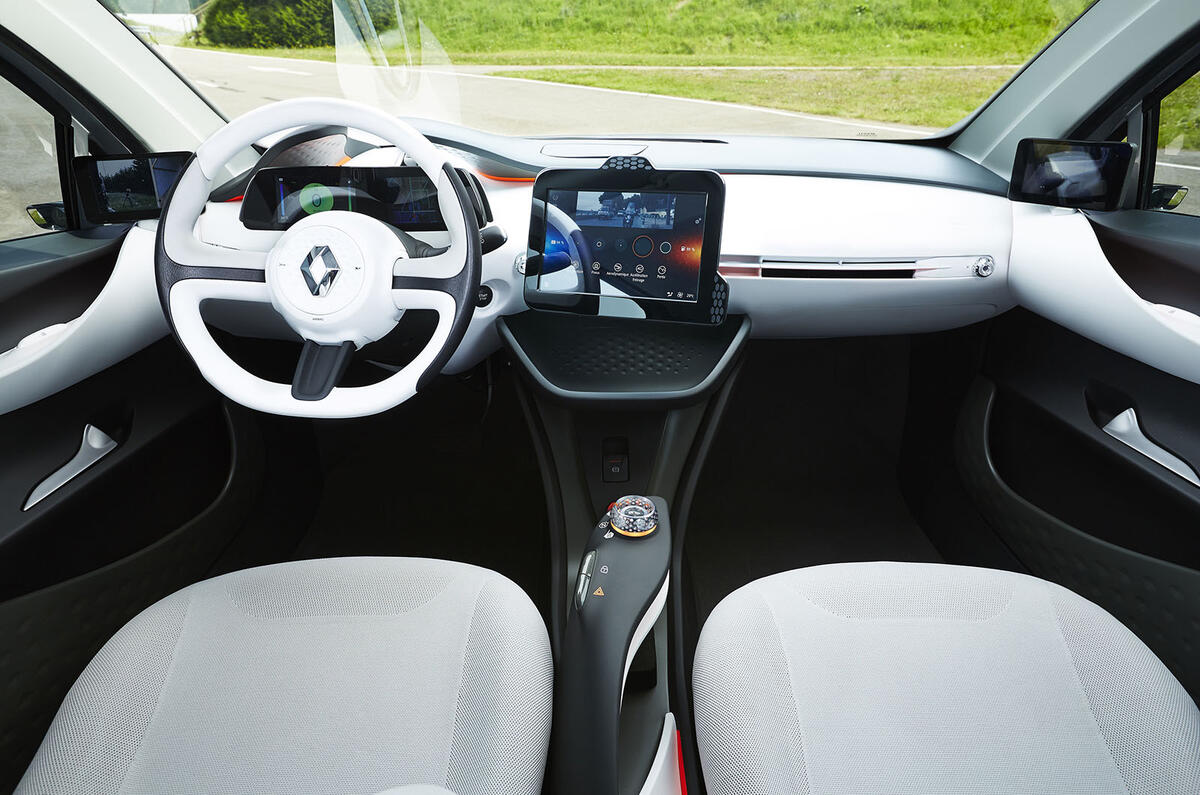
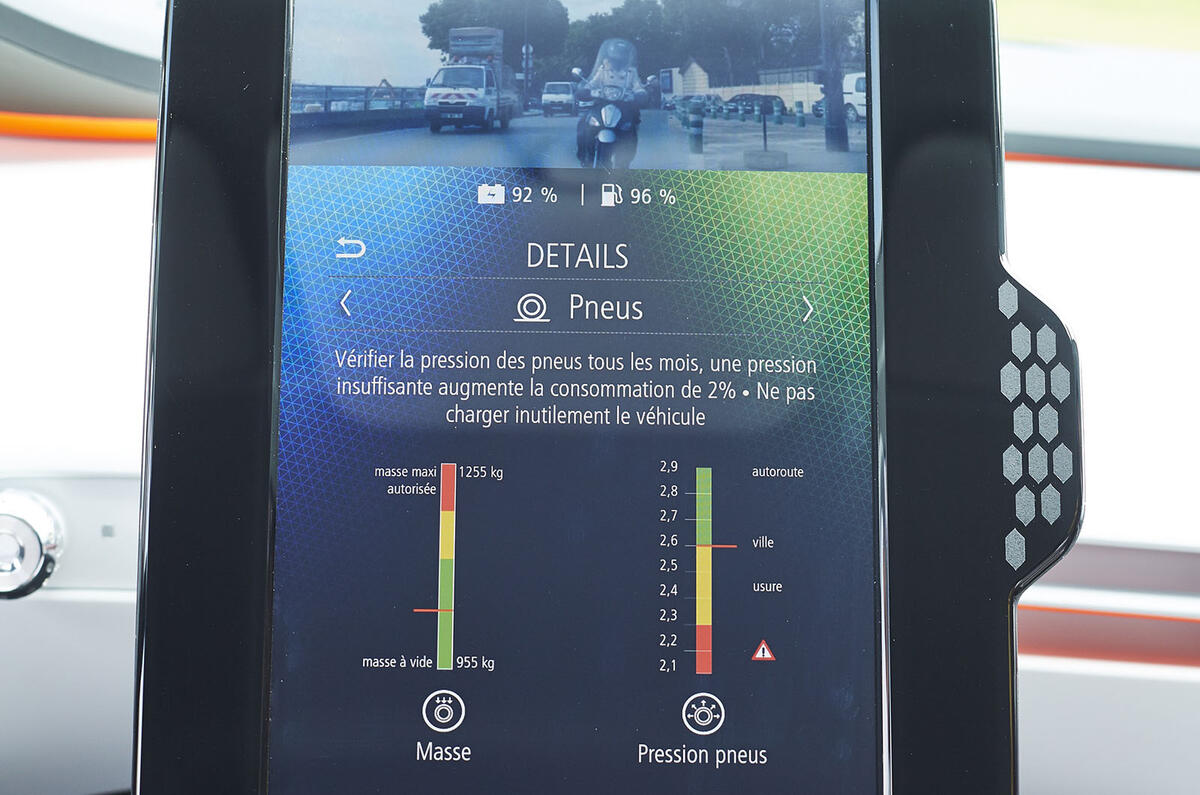
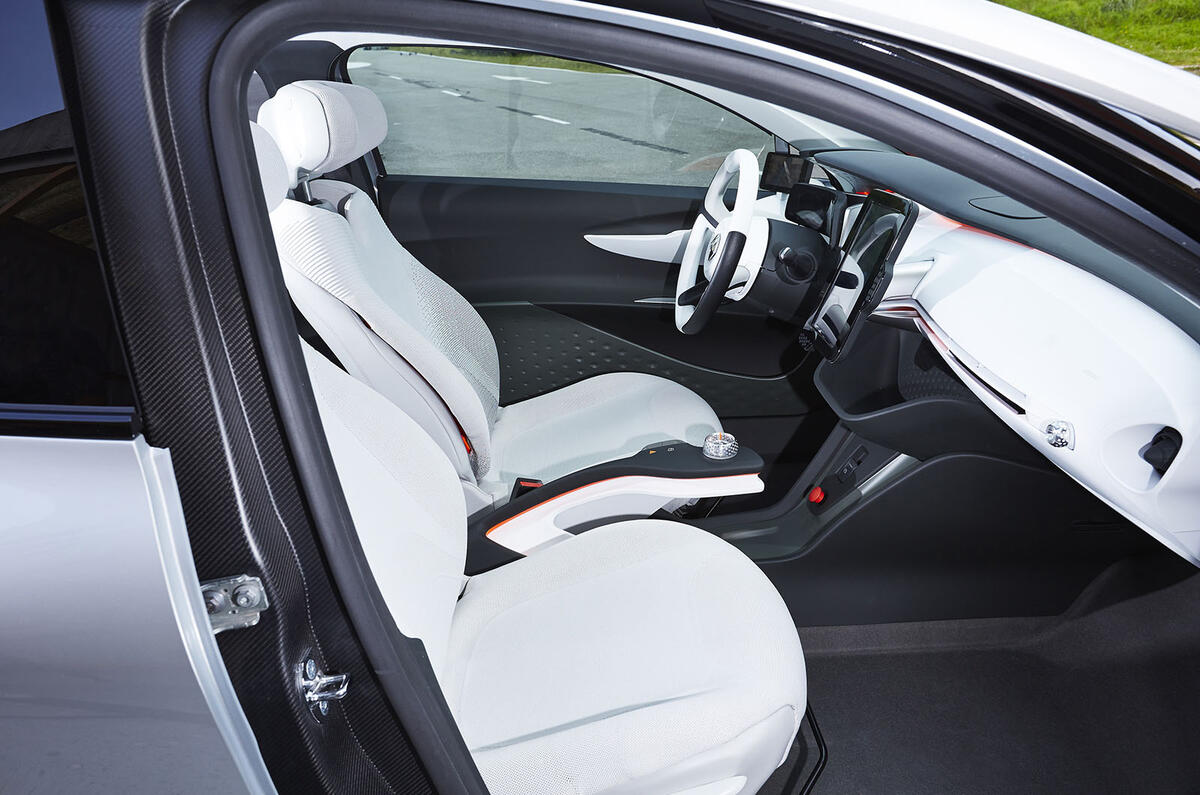
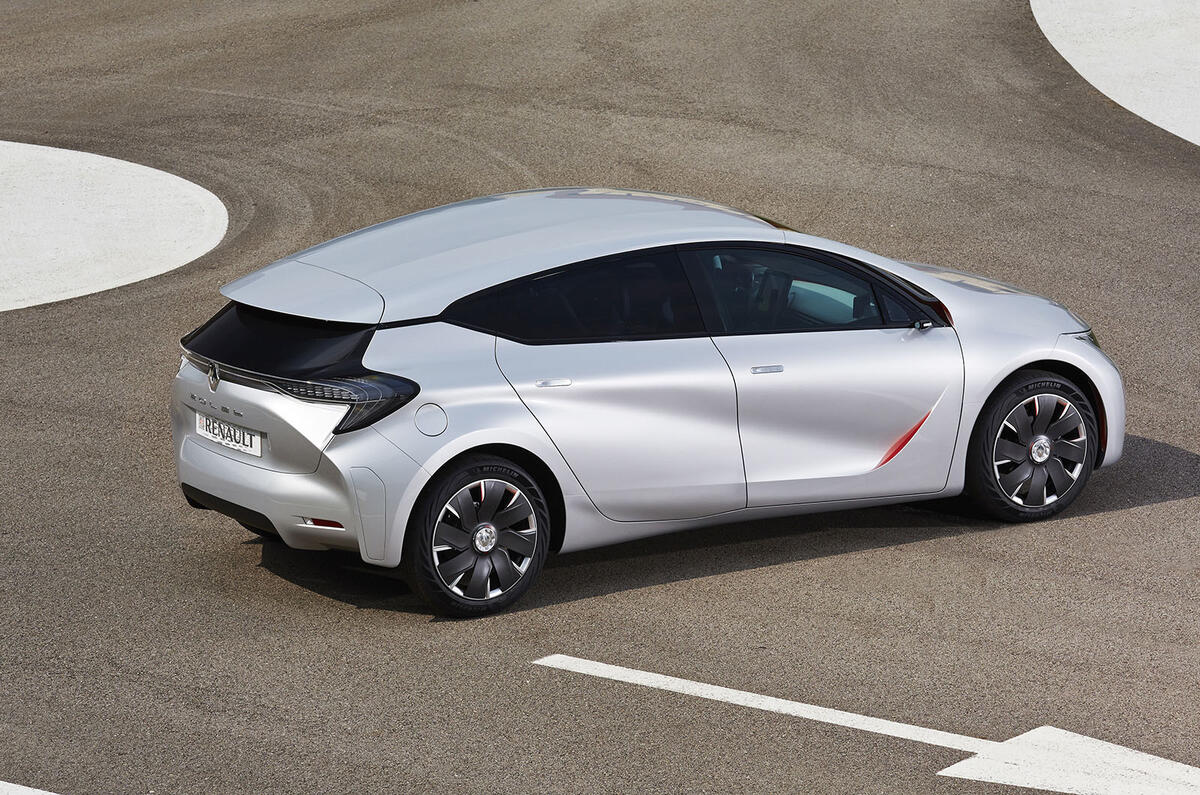
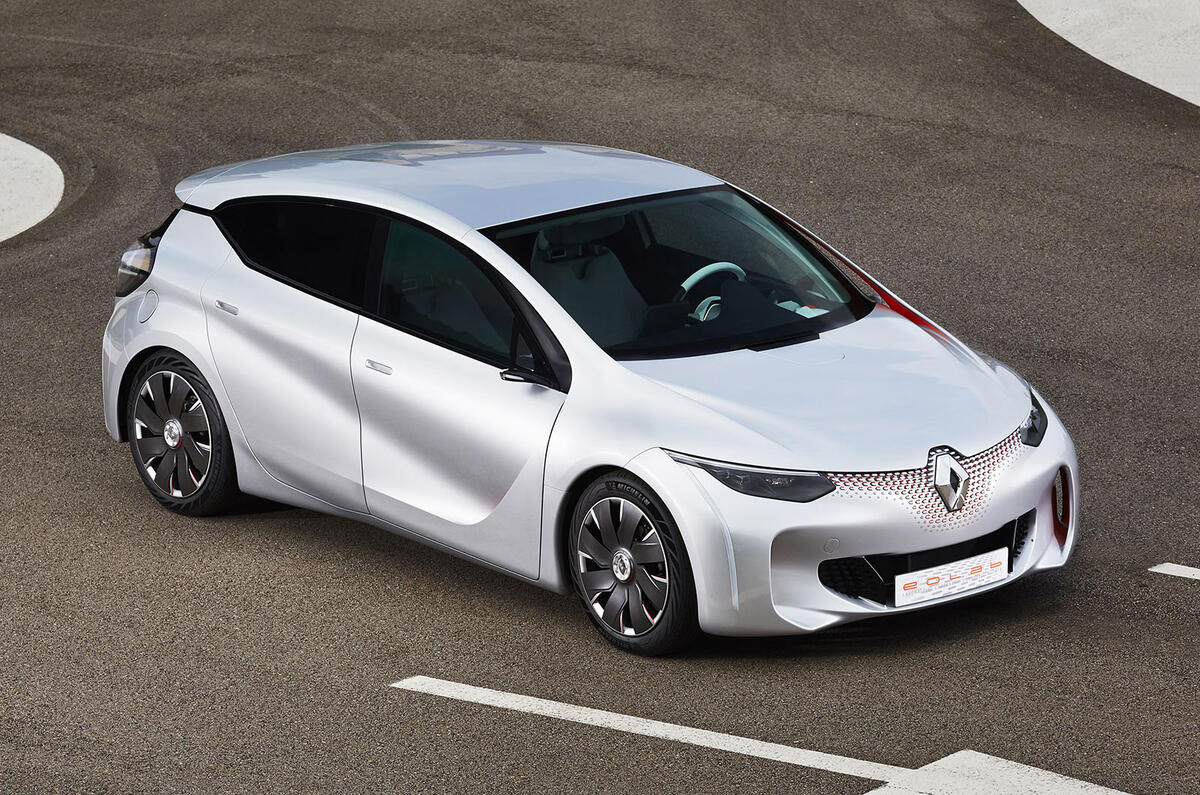
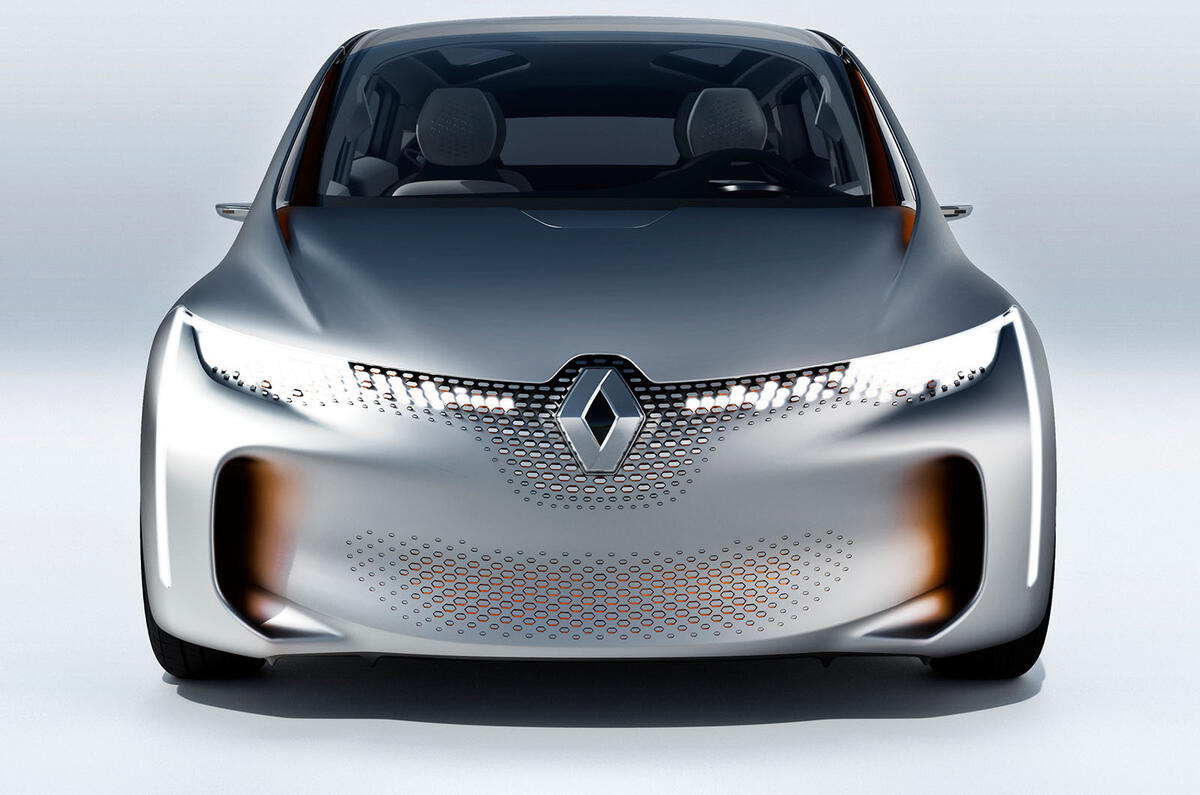
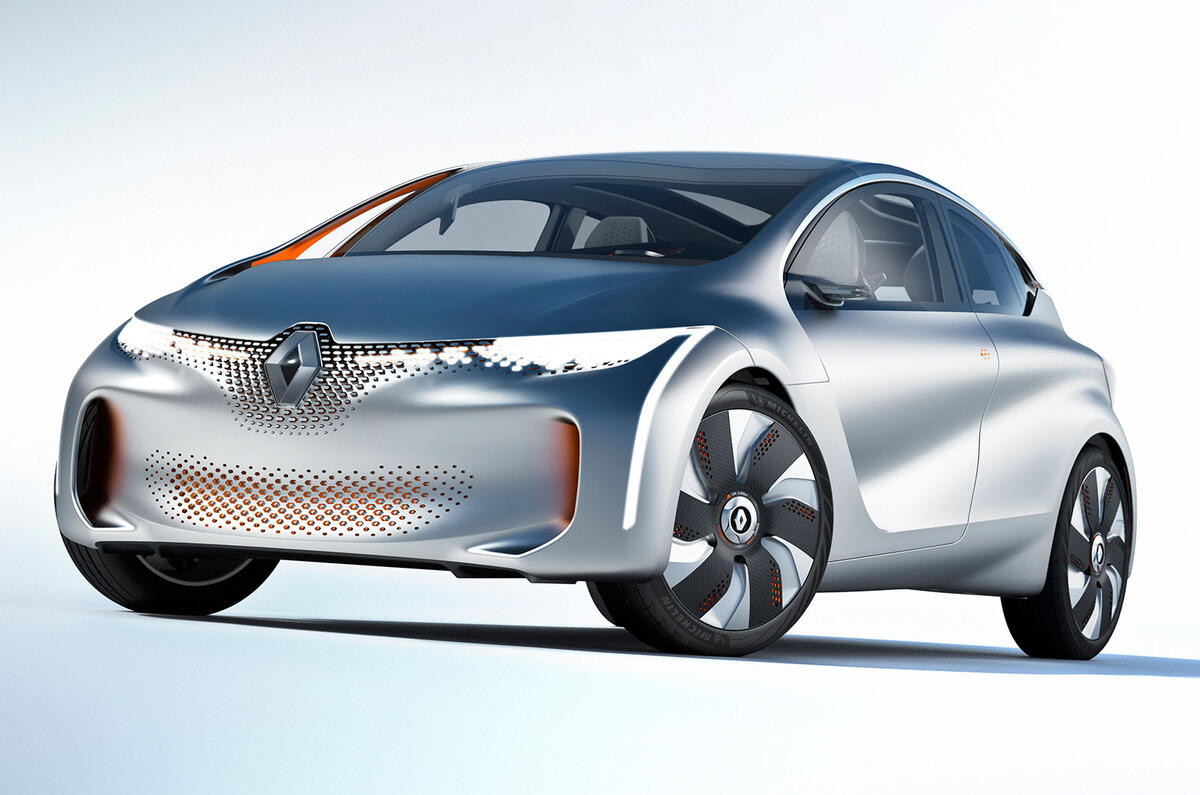
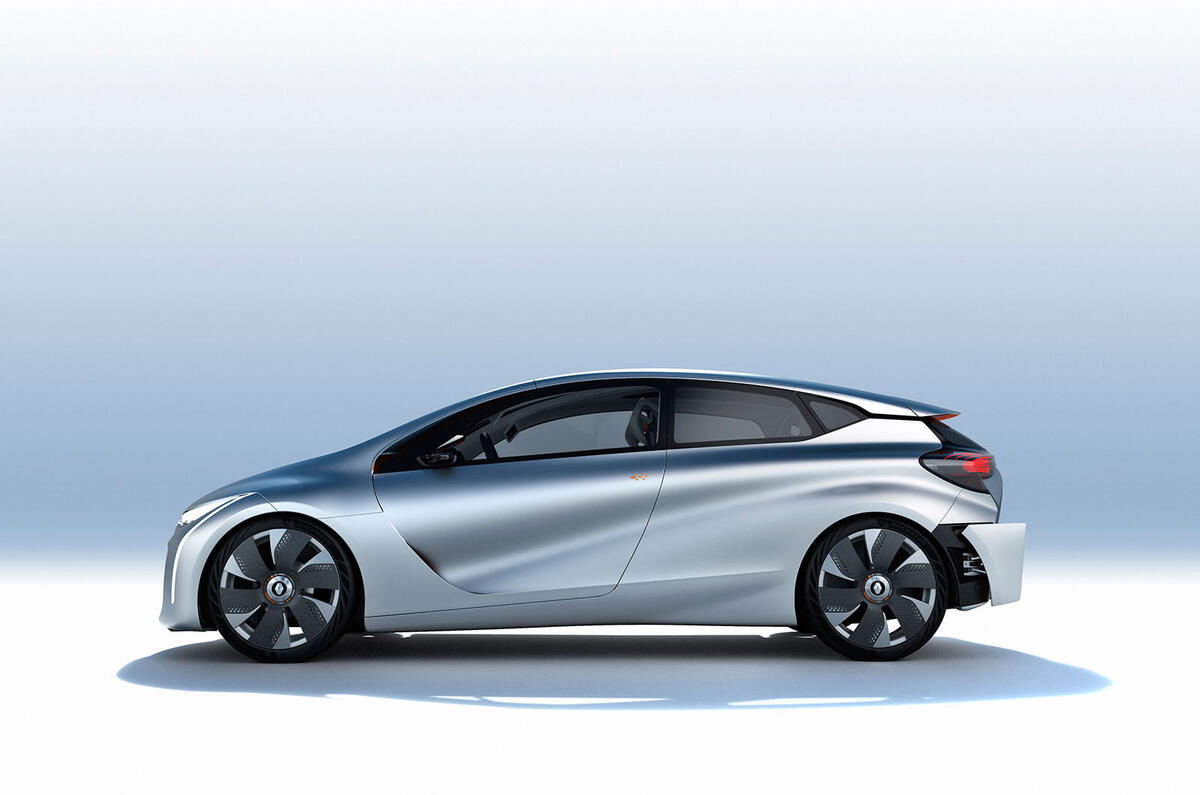
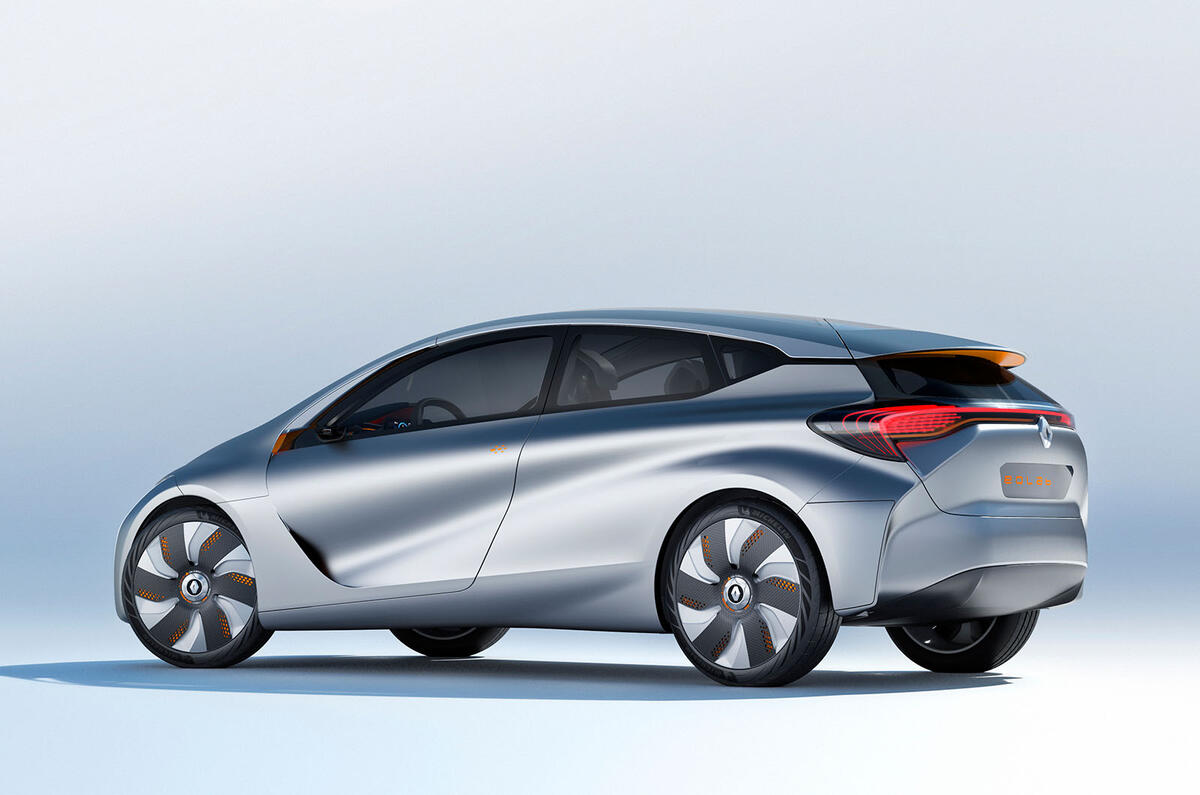
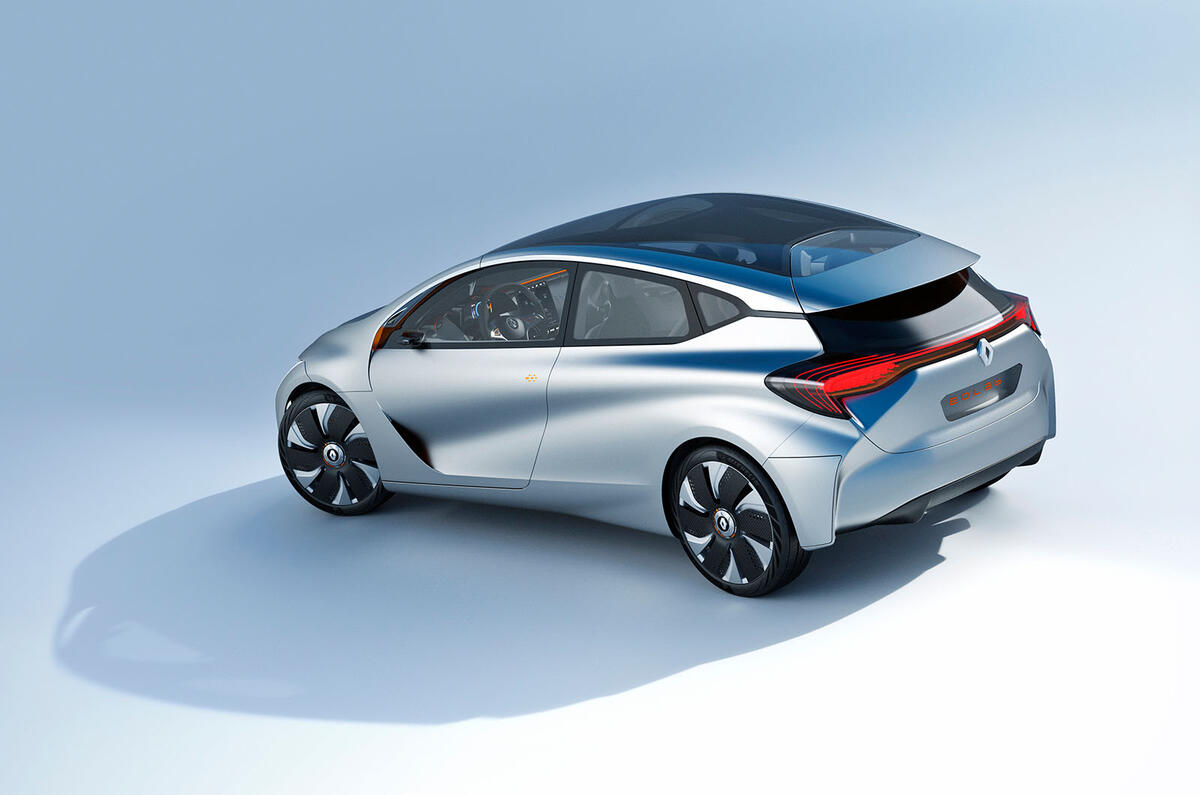
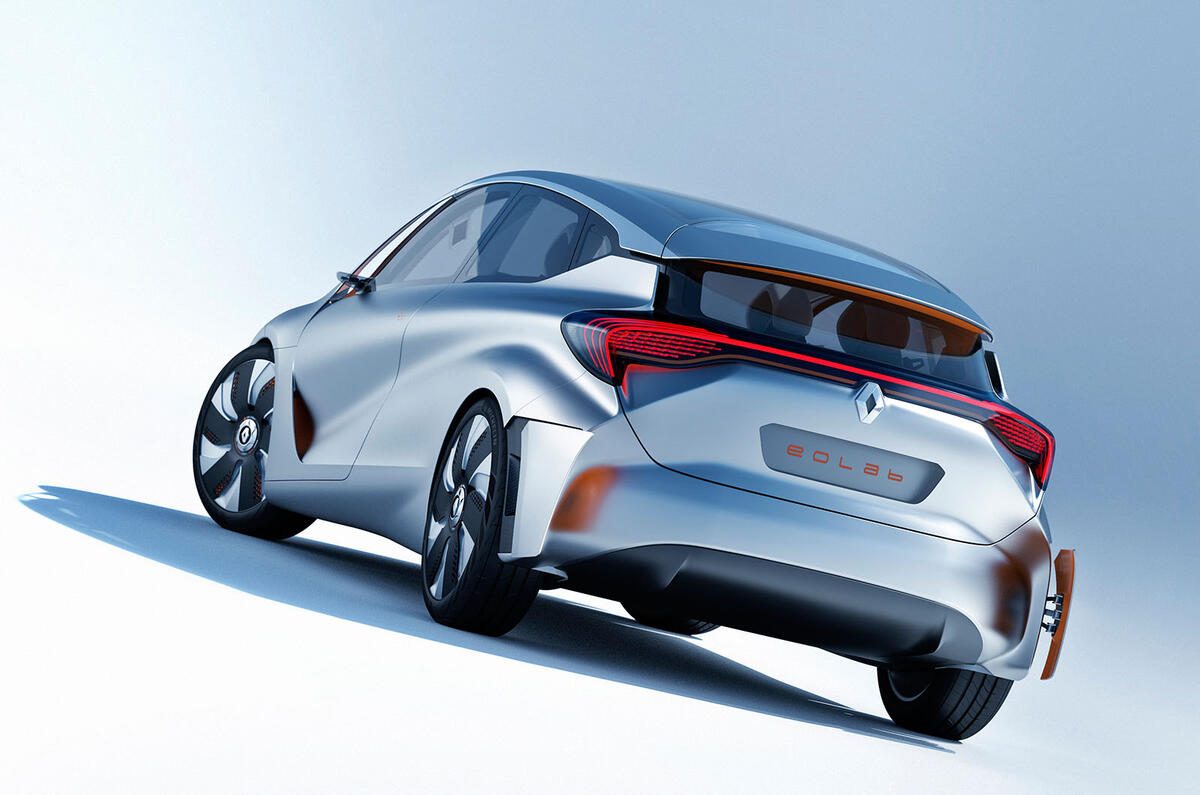
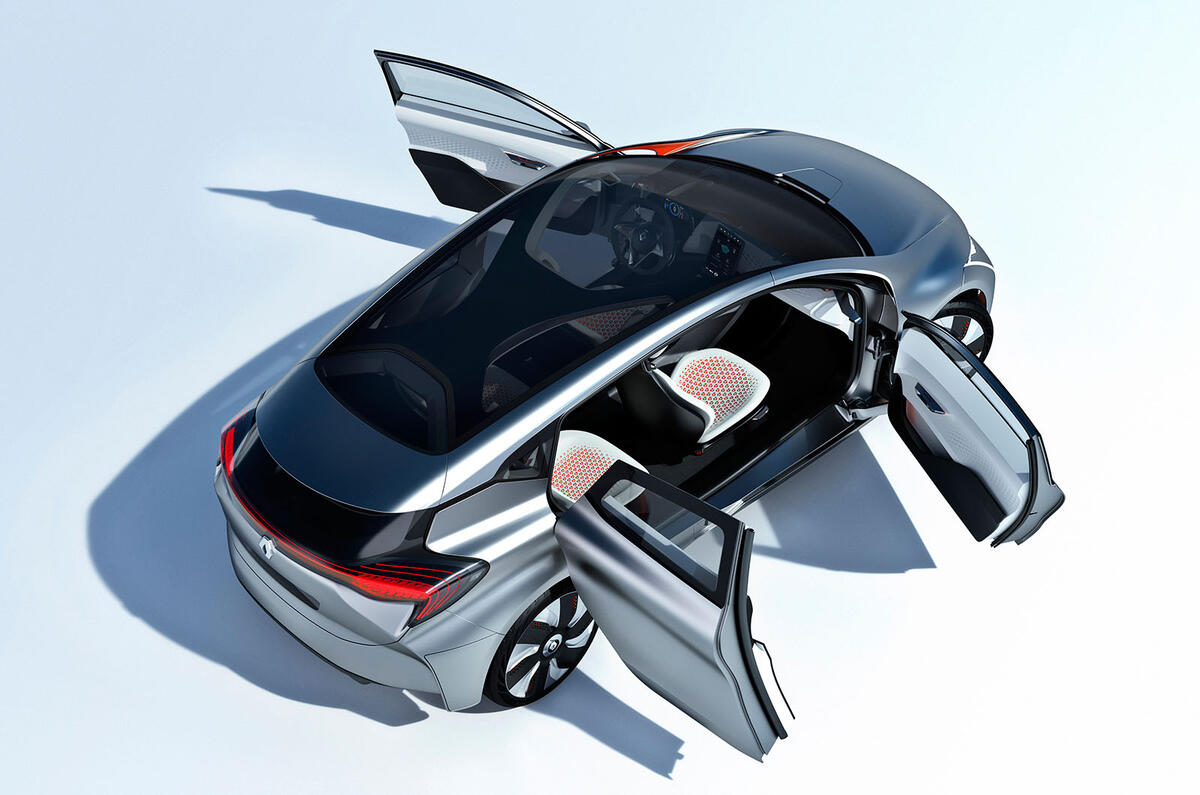
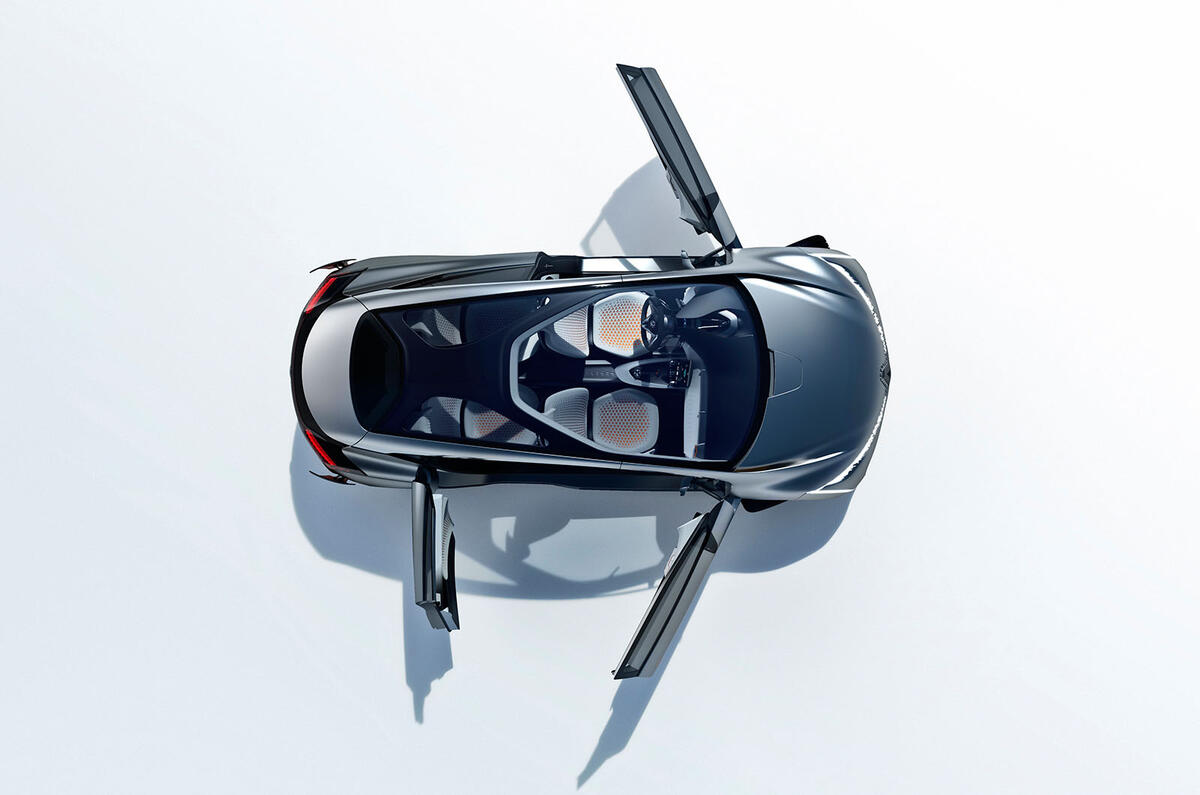
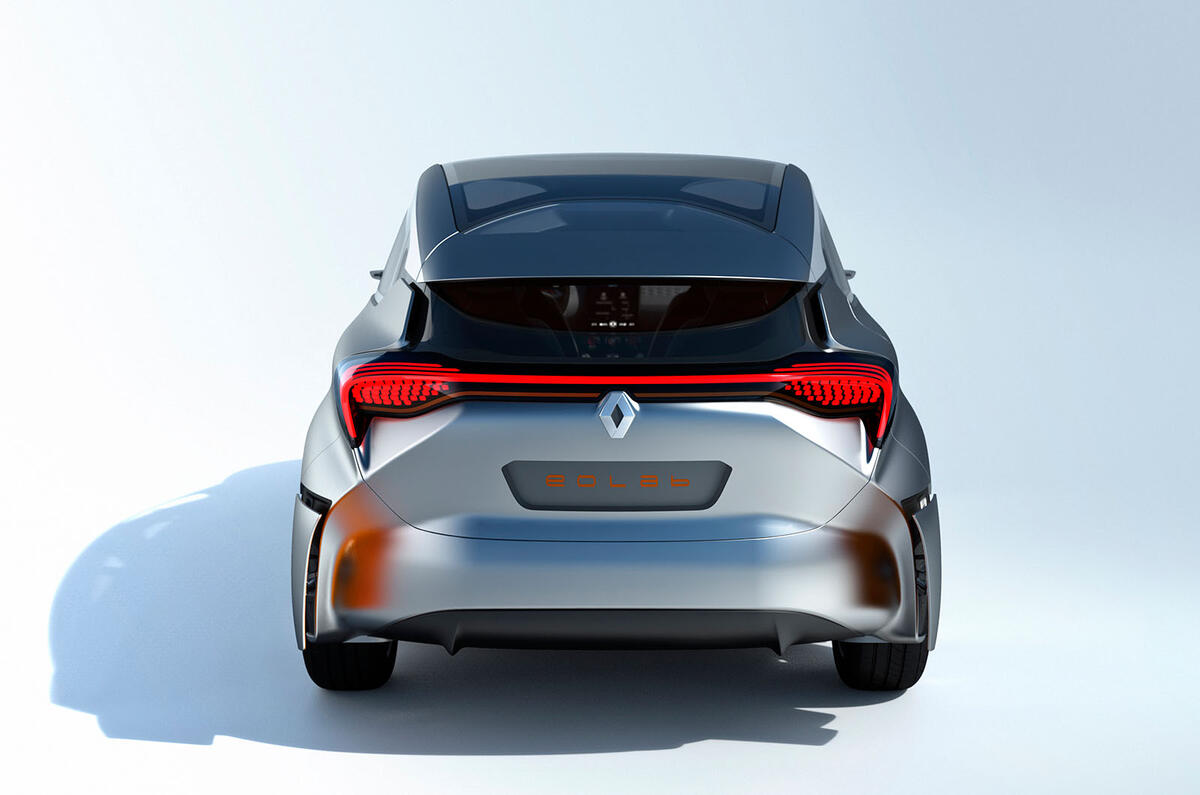
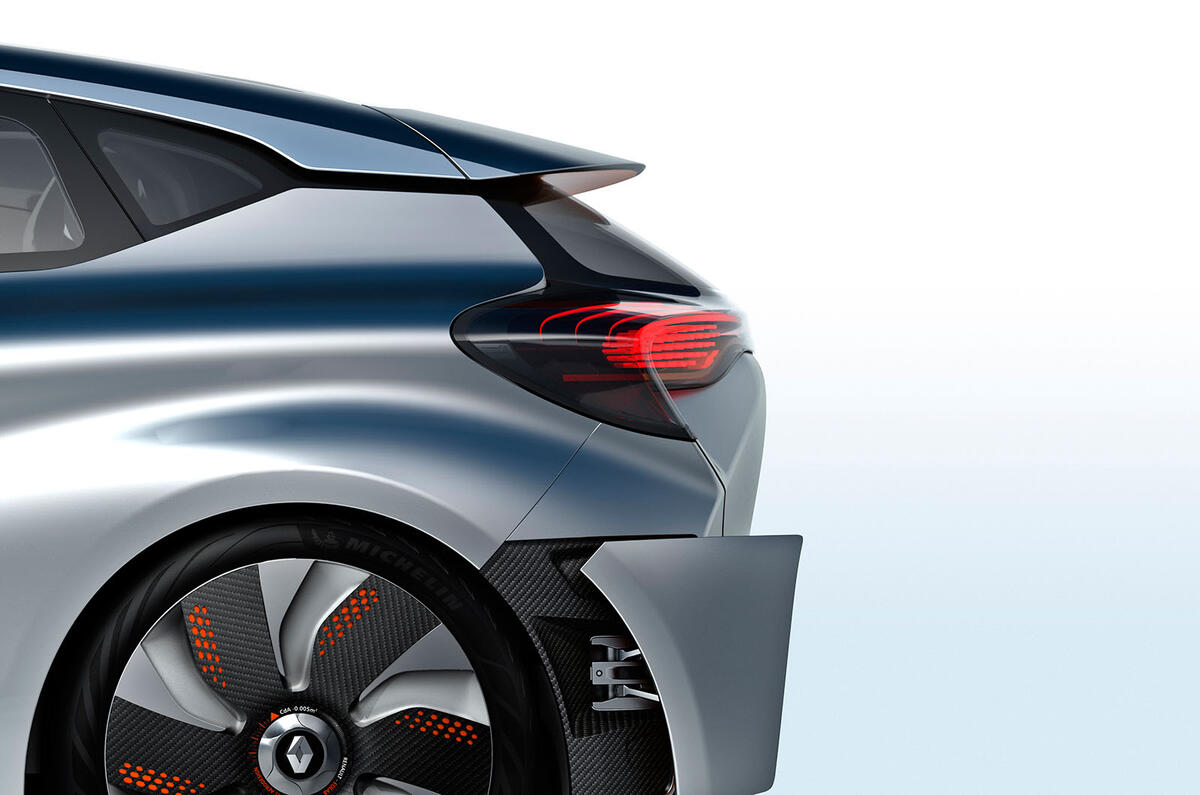
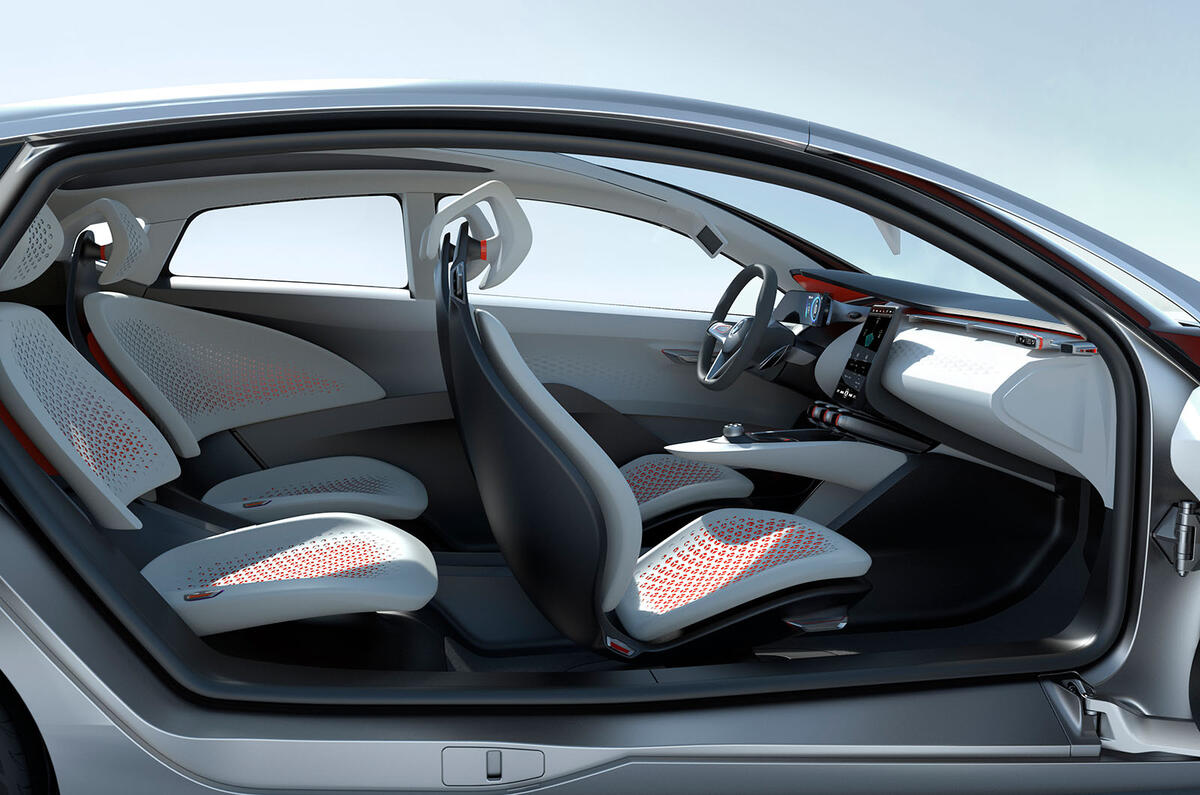
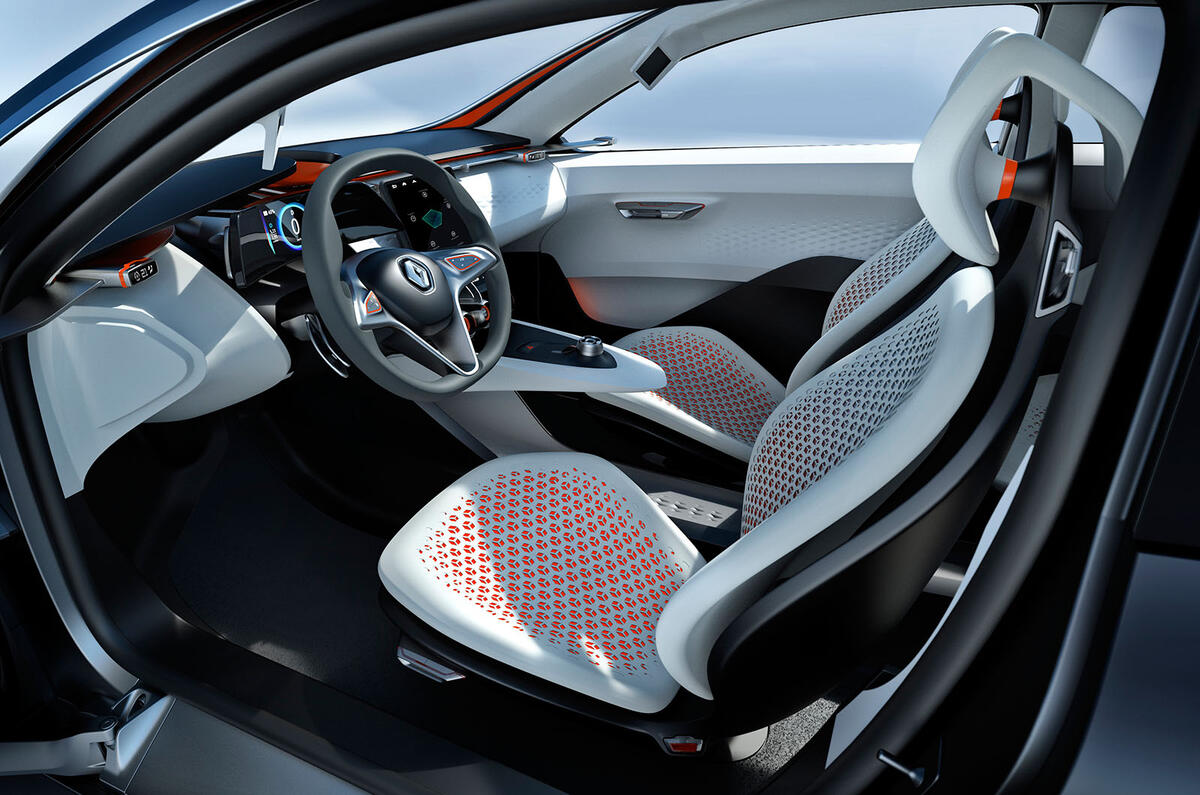
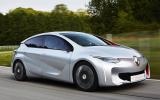
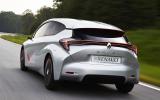
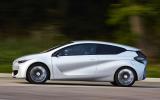
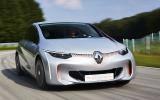
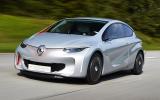
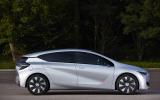
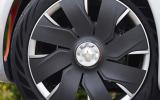
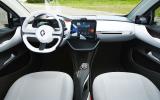

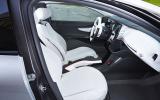
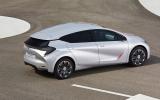
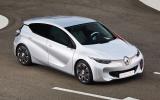
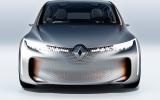
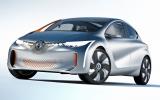
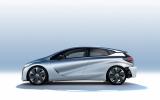
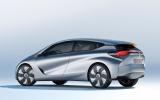
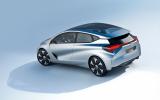

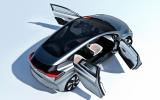
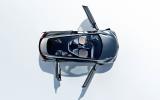
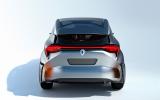
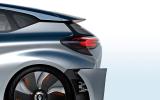
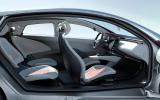
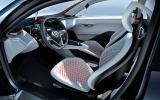


Add your comment
Fascinating
I hope people understand that full production car ...
A giant leap